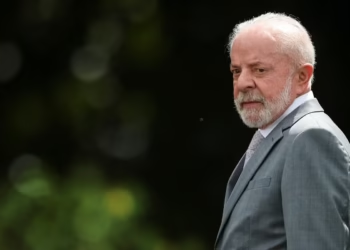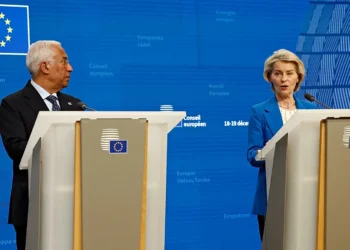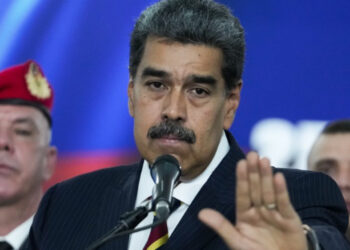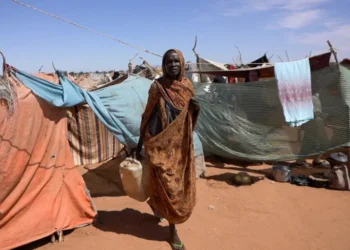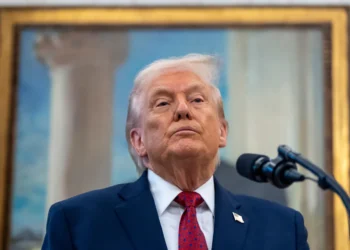YAOUNDÉ (Realist English). Maurice Kamto, Cameroon’s most prominent opposition figure, has accused the ruling camp of President Paul Biya of orchestrating a campaign to block his participation in the upcoming presidential election, after the country’s constitutional court rejected his candidacy.
“The decision to exclude me from the 2025 presidential election was made long ago by the RDPC regime,” Kamto said in a video message published Thursday on Facebook, denouncing what he described as an “arbitrary” ruling by the court.
On Tuesday, the court confirmed an earlier decision by the electoral commission, which had declared Kamto ineligible on the grounds that another candidate had already registered under the African Movement for New Independence and Democracy (MANIDEM) — the party Kamto sought to represent in the October 12 vote.
Kamto, 71, was the runner-up in the 2018 election and remains a central figure in the opposition. He claims the ruling party rushed to install a new party president within MANIDEM to engineer a rival candidacy and thus invalidate his own.
“The regime quickly set up a new MANIDEM candidate to artificially create a duplicate nomination,” Kamto said.
Human Rights Watch had earlier cautioned that excluding Kamto would cast serious doubt on the integrity of the election. “Excluding the most popular opponent from the electoral process will leave a shadow over whatever results are eventually announced,” said Ilaria Allegrozzi, senior Africa researcher at HRW.
Despite a record 81 candidates registering for the election, the opposition remains fragmented and under pressure. President Paul Biya, who is seeking an eighth term at the age of 92, has ruled Cameroon since 1982. His regime has faced repeated accusations of suppressing dissent and manipulating institutions to retain power.
On Saturday, in a sign of mounting frustration, representatives of several opposition parties issued a joint statement committing to a “consensus candidate with a common programme” — although no specific name was proposed.
Kamto’s disqualification highlights the structural barriers faced by Cameroonian opposition forces. With the judiciary and electoral bodies widely viewed as politically co-opted, Biya’s decades-long grip on power remains largely unchallenged by institutional means.
The exclusion of Kamto — one of the few figures with national reach and credibility — further reduces the 2025 vote to a formality. Until opposition forces can coordinate beyond declarations and defend legal standing through independent institutions, the outcome remains less about democracy and more about managed continuity.



